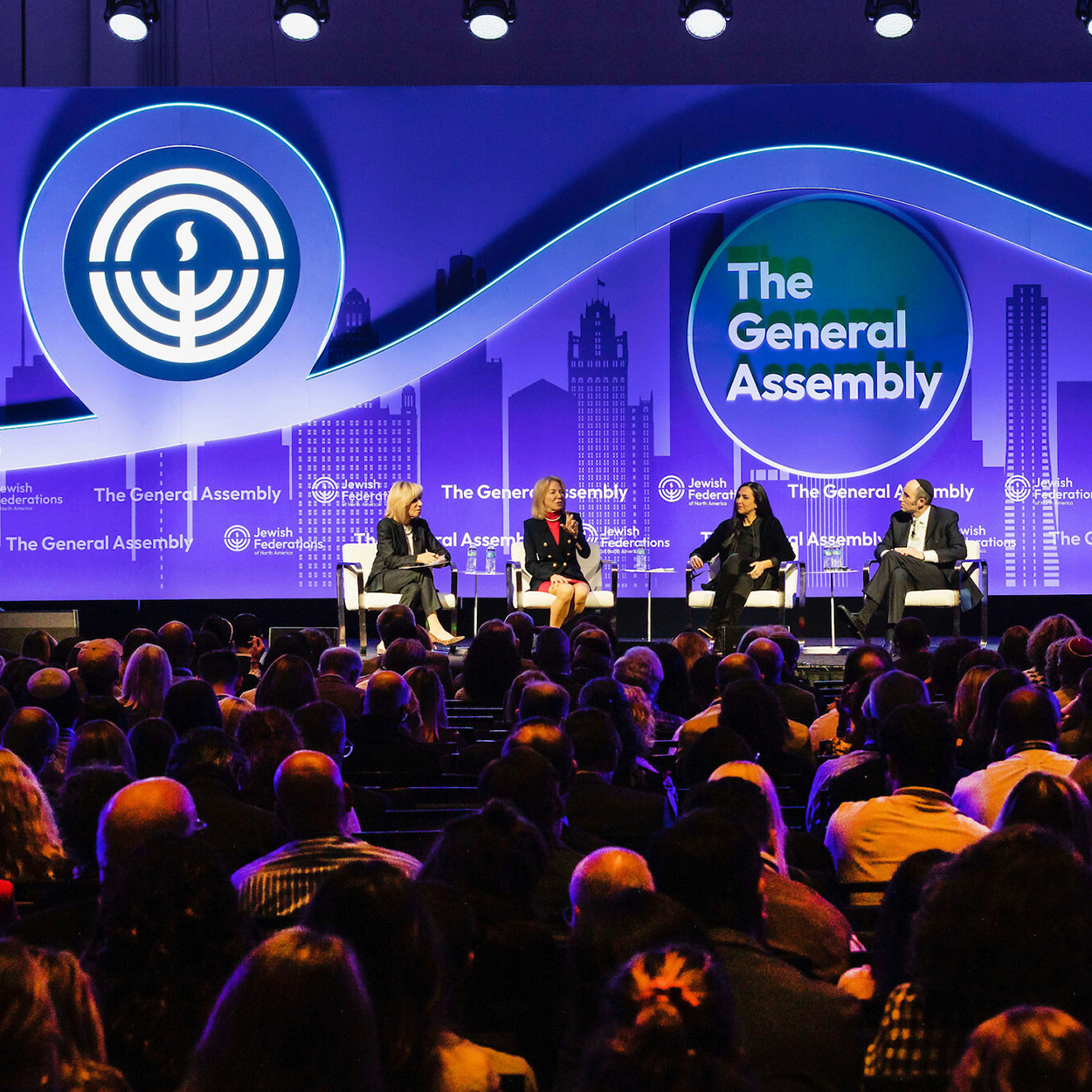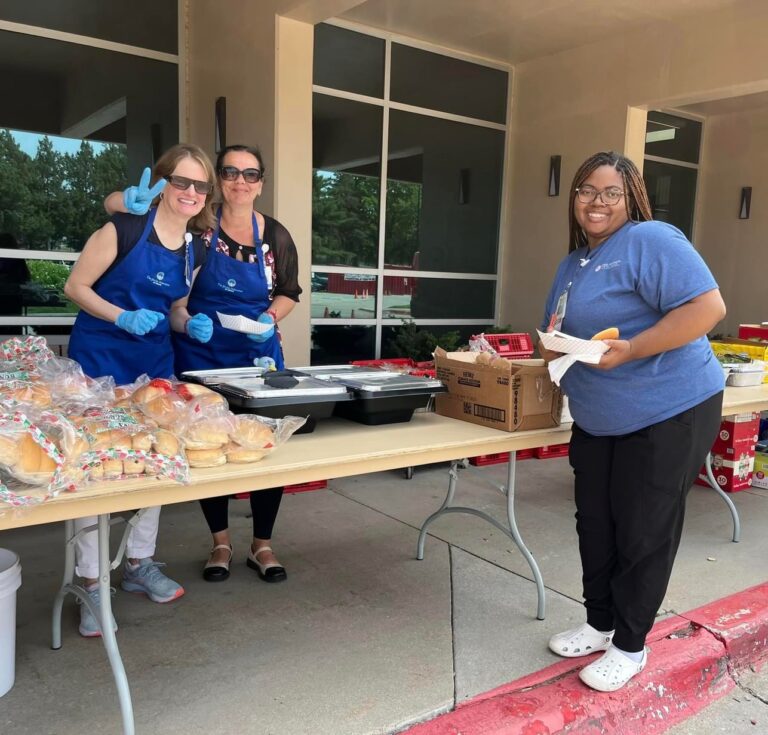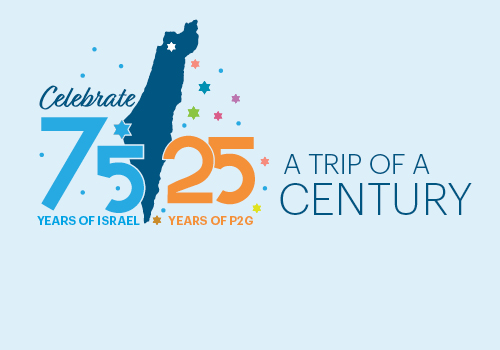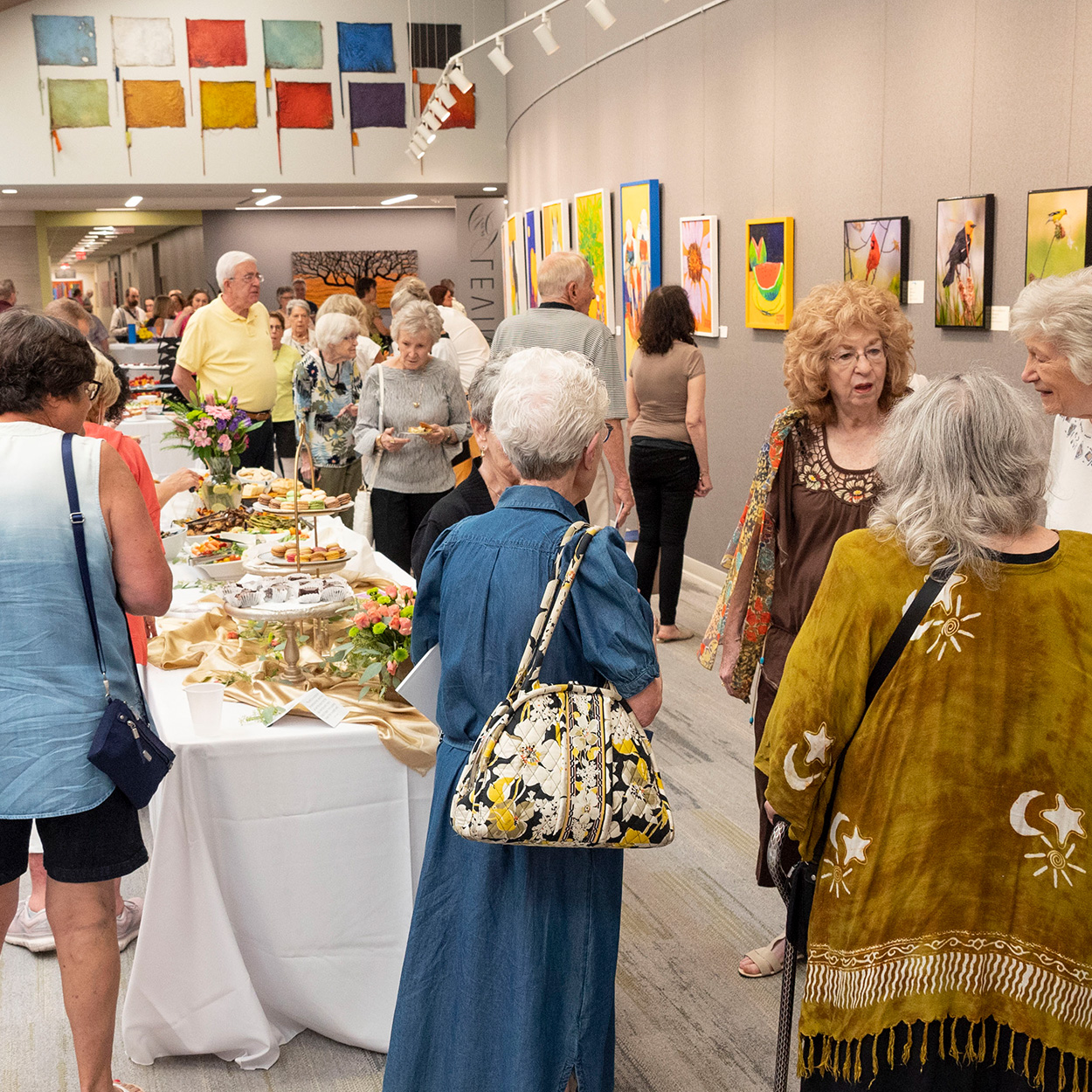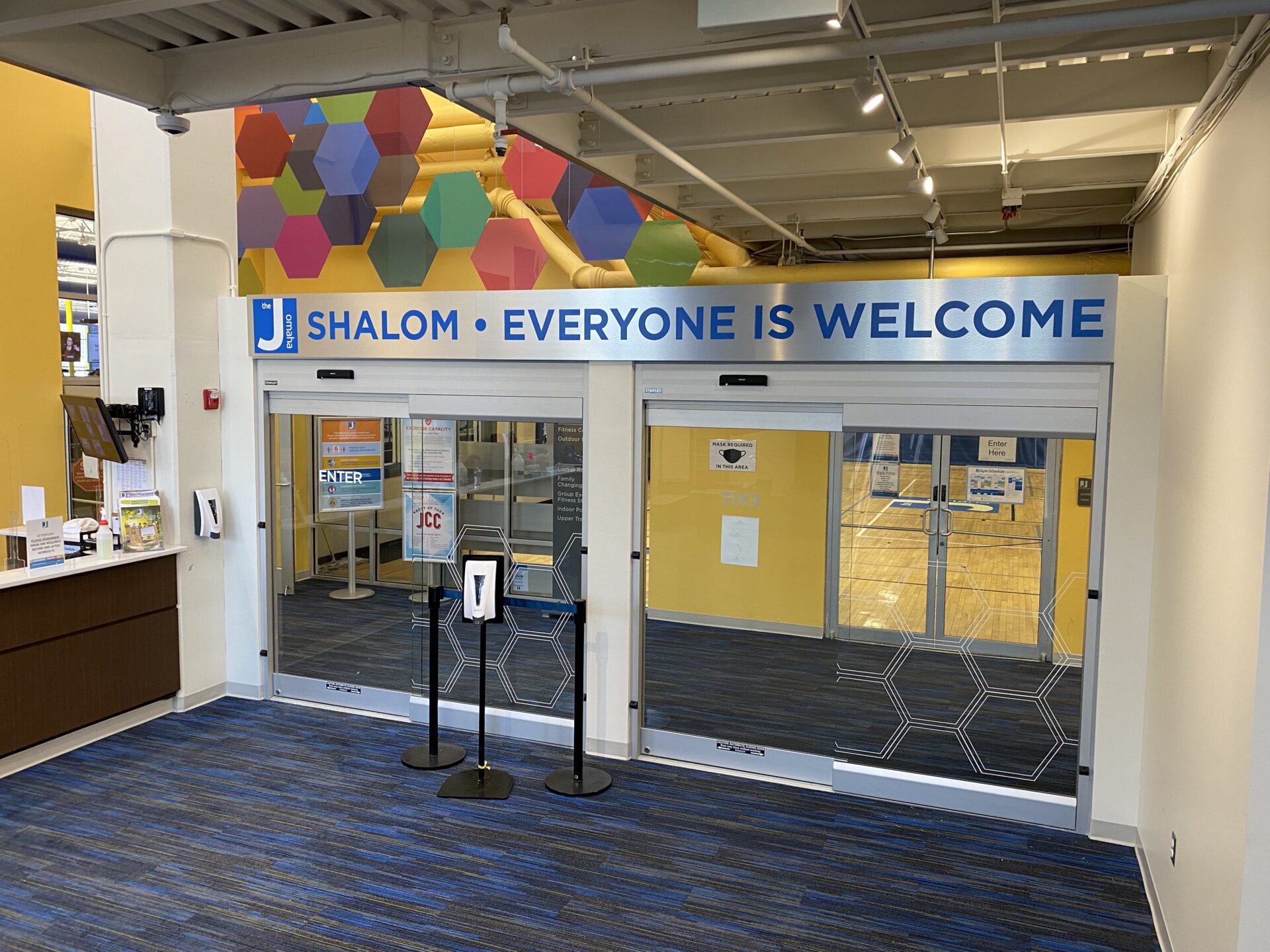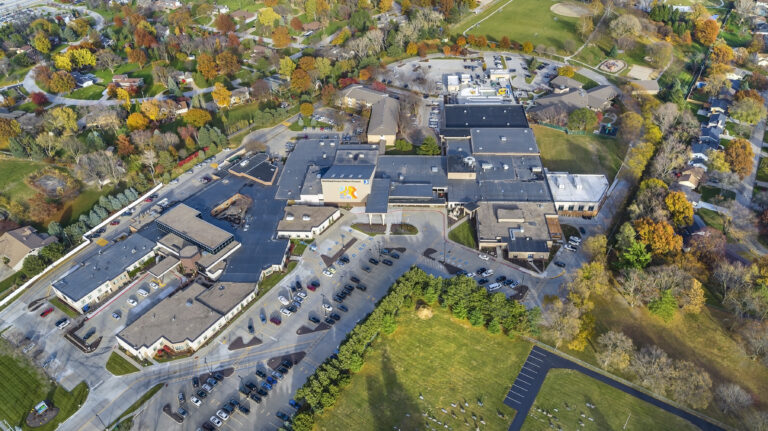
Update from Mike Siegel
A couple weeks ago, I attended the Jewish Federations of North America (JFNA) General Assembly (GA) in Chicago along with four professional JFO staff. The GA is a conference that brings together all Federations in North America to discuss and learn about the current issues facing Jewish communities locally and globally. I was pleasantly surprised to find that the GA was packed with great content and interesting speakers. I left the conference with many valuable takeaways for our community. Following are some highlights:
One of the sessions I attended analyzed Jewish data that has been gathered through national studies. It showed that many cities are good at welcoming new Jewish families to their communities but fall short of making these new families feel like they belong to the Jewish community. Our Federation is making positive strides with our welcoming process, but this session served as a reminder that the process needs to continue past the initial welcome. Some communities host Shabbat dinners welcoming new families and introducing them to a community contact. This helps with assimilation. Others host “Belonging” events where the community matches new families with existing families that have similar makeups. We, as the Jewish Federation of Omaha, need to make a concerted effort to welcome not just those that have previous ties to Omaha, but those who are brand new to this wonderful community.
“The New Jewish Family” was another session I attended. This session addressed interfaith marriages and how the Jewish future will be redefined. Interestingly, most interfaith couples say that while they have the desire to learn more about Judaism and what it means to live a Jewish life, they are more likely to wait to be approached rather than proactively seek this information out. Toronto has started a program called “Jewish And” which provides support and programming for interfaith couples, connecting them with one another to further the discussion of how religion is going to fit into their family dynamic. These couples find comfort in knowing others are having similar fact and faith-based experiences. The JFO plans to dig deeper into this topic to determine how best to help our interfaith couples on their religious journey.
Our group had the opportunity to meet with the American Jewish Joint Distribution Committee (JDC), a leading global Jewish humanitarian organization. This meeting allowed us to see our campaign dollars in action. JDC does amazing work aiding vulnerable Jews, rescuing Jews in danger, and responding to global crises. In addition, the JDC has programs that help cultivate Jewish life. Two key programs are “Senior Guidance Centers” and “Entwine.” Senior Guidance Centers help seniors prepare for retired life by supplying life coaches and workshops for their next phase of life. These centers are already established throughout Israel and might be a program that would benefit our Omaha seniors. Entwine is like a Jewish Peace Corps. It provides pathways for Jewish professionals and lay leaders to hone their skills and commitment to global, Jewish issues. Programs like these are potential opportunities for us to expand our own programming to appeal to a broader audience.
Finally, a general observation I walked away with is the need to send more lay leaders to attend the GA. It gives community members a greater understanding of JFNA. Endowments have been established to help defray the costs.
Attending the GA was a meaningful experience. The speakers, sessions and other participants sparked conversation and gave us ideas for how best to improve the JFO. Thank you to our generous donors who had the foresight to establish endowments to provide lay leaders with professional development opportunities such as these. I look forward to making new connections at a future GA and hope that a few more Omaha community members will consider joining me.
Shabbat Shalom,
Mike Siegel
JFO President

